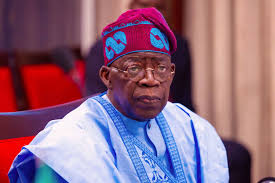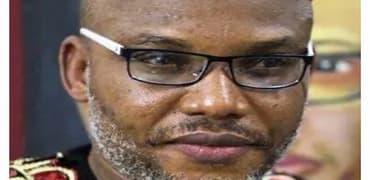Tinubu Prioritize Safety Net For Nigeria's Most Vulnerable, Promises Support Reforms Amid Economic Challenges
Tinubu Prioritizes Safety Nets for Nigeria’s Most Vulnerable, Promises Support for Reforms Amid Economic Challenges
By Achimi Muktar
Abuja — President Bola Tinubu has assured the International Monetary Fund (IMF) that his administration will prioritize the welfare of Nigeria’s most vulnerable citizens as his economic reforms begin to show positive results. This assurance comes despite the economic challenges faced by many Nigerians due to recent policy changes.
During a courtesy call from IMF Managing Director Kristalina Georgieva on the sidelines of the G20 Leaders’ Summit in Rio de Janeiro, Brazil, Tinubu acknowledged that while his economic reforms have led to growth and job creation, they have also strained the purchasing power of many Nigerians. He emphasized that his government will continue to implement social safety nets to mitigate the negative effects of these reforms.
"We have started seeing positive results from our reforms, and the Nigerian people now understand the need for them, but we have to reduce the hardship that has resulted from the implementation," said Tinubu.
Tinubu also discussed the critical need for educational access, highlighting the alarming number of children currently out of school. “We know that education is a way out of hunger and poverty. That is why we are designing ways and incentives to keep these children in school,” he added. The president urged for global support to ensure that children who want to stay in school are not deprived of that opportunity.
Furthermore, Tinubu underscored the importance of investing in the country’s infrastructure and reaffirmed that Nigeria is focused on tax reforms to drive inclusive economic growth. He reiterated the government’s commitment to broadening the tax base without placing further burdens on Nigerians already facing financial strain.
Georgieva, who also congratulated Tinubu on the success of his reform efforts, expressed the IMF’s strong support for Nigeria's efforts to diversify its economy. She lauded the government’s social investment programs aimed at cushioning the impact of economic adjustments on vulnerable populations, reaffirming the IMF’s commitment to providing technical assistance, especially in areas like budgeting and maximizing the benefits of loans.
“The IMF is focused on developing vulnerable societies and will continue to dedicate substantial resources to emerging economies,” Georgieva noted, dispelling misconceptions about the Fund’s intentions. She also reiterated the importance of building resilient institutions in developing countries to better handle future global economic shocks.
In her remarks, Georgieva highlighted the IMF’s approval of the third chair for Sub-Saharan Africa, which enhances the region’s voice within the institution, and praised Nigeria for hosting the IMF African Caucus meeting in Abuja in August.
As global economies continue to recover from the shocks of the COVID-19 pandemic, Georgieva emphasized that the IMF is committed to supporting countries like Nigeria in their efforts to strengthen their economies and create sustainable growth.





















